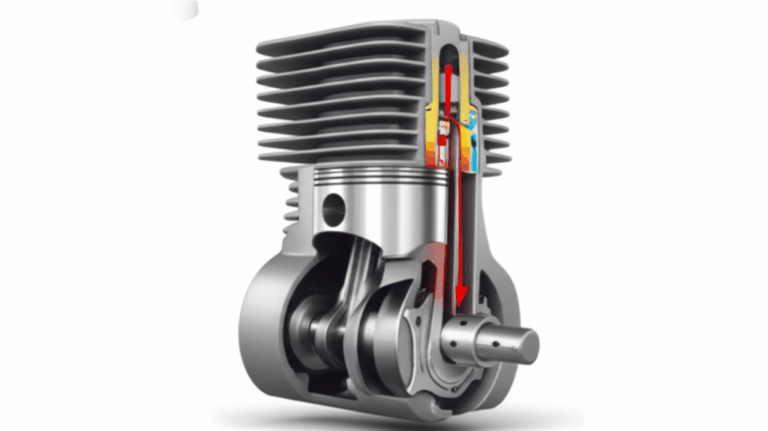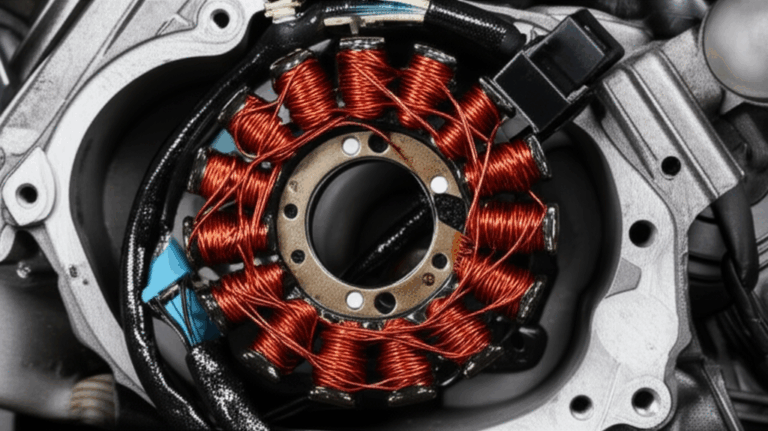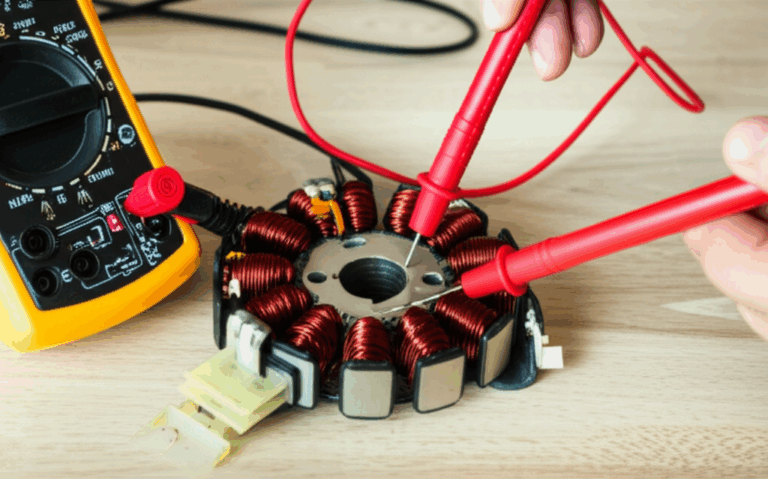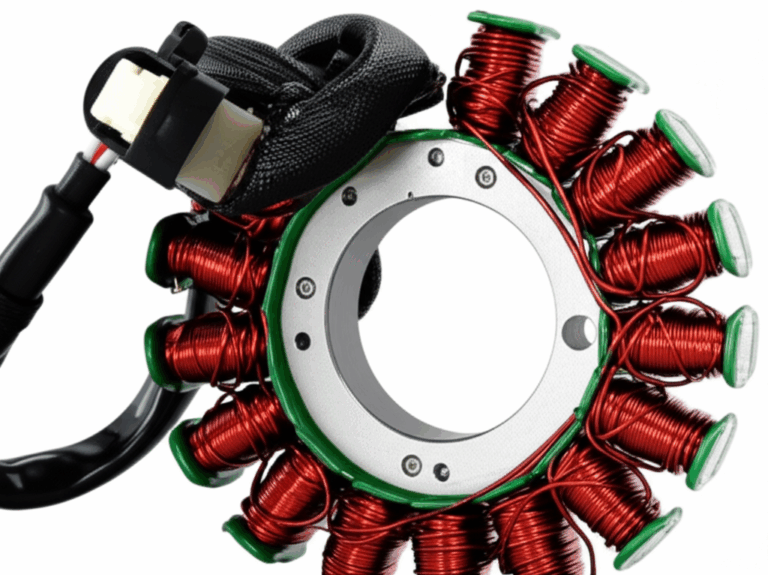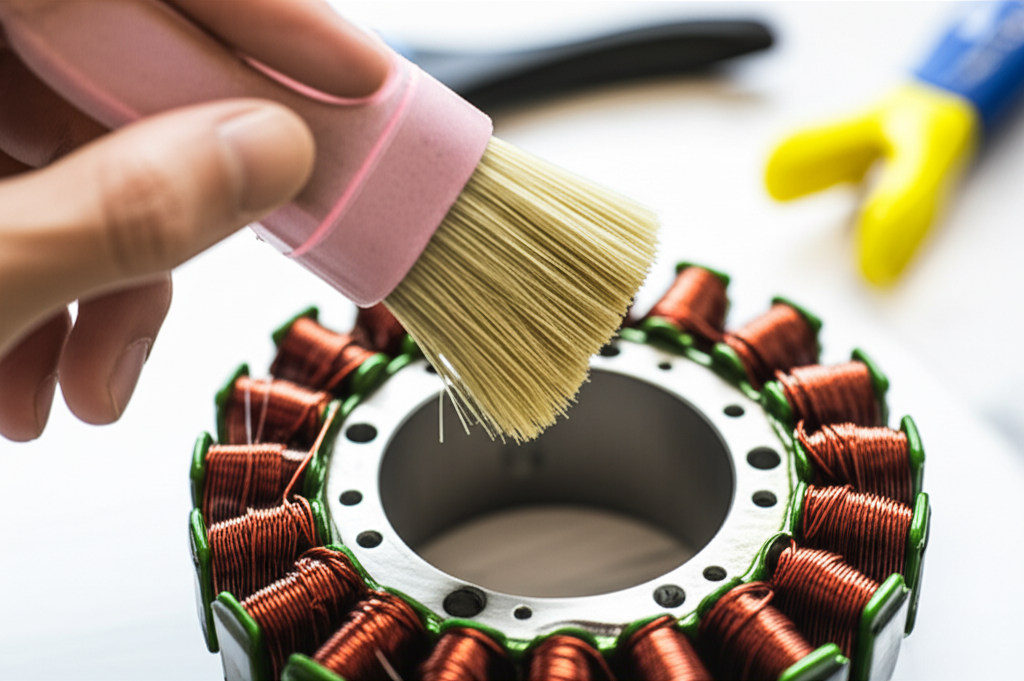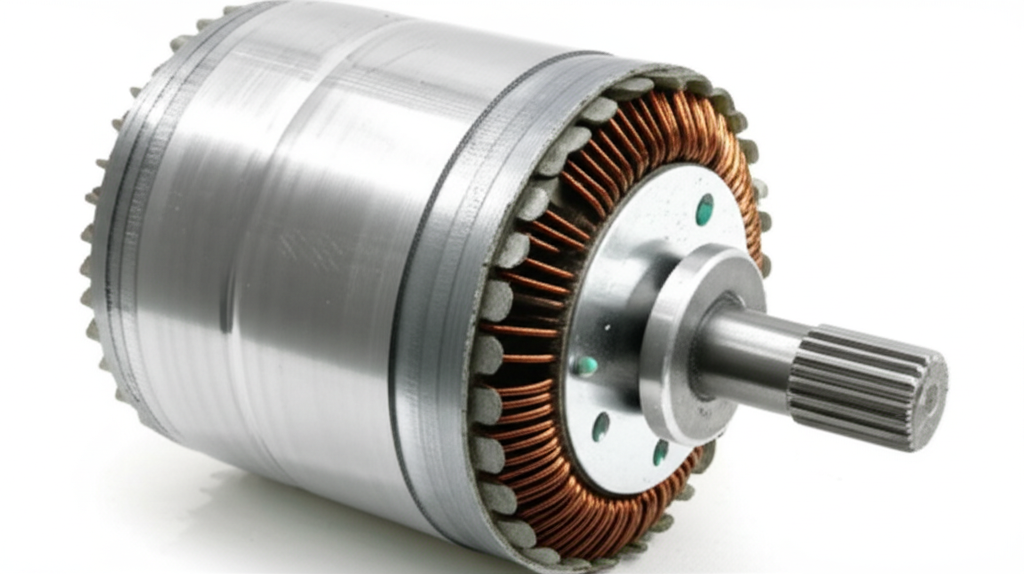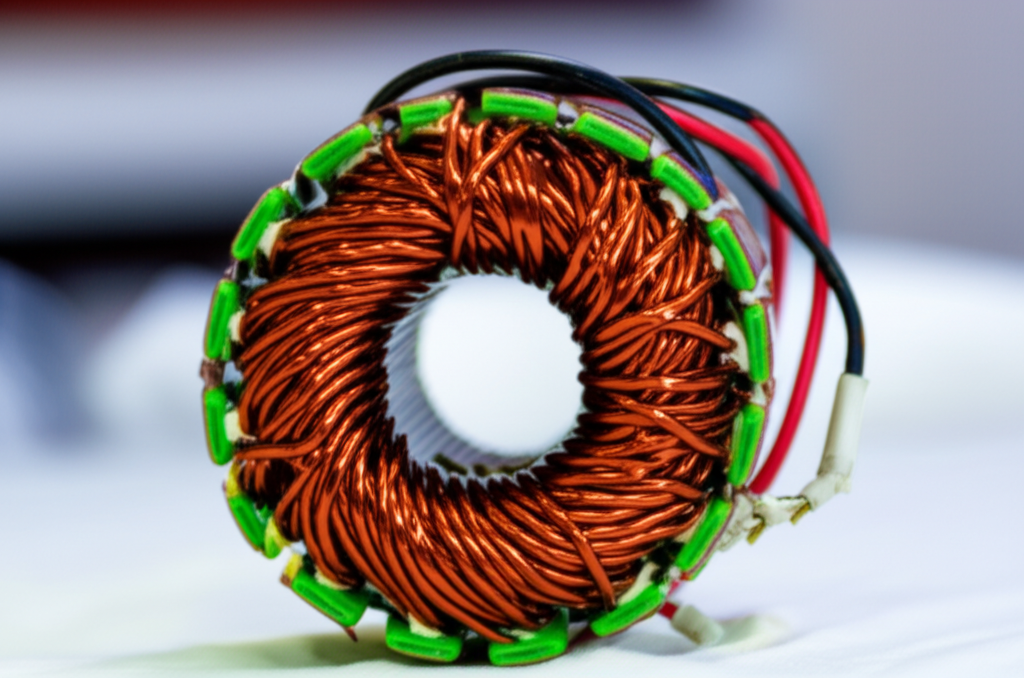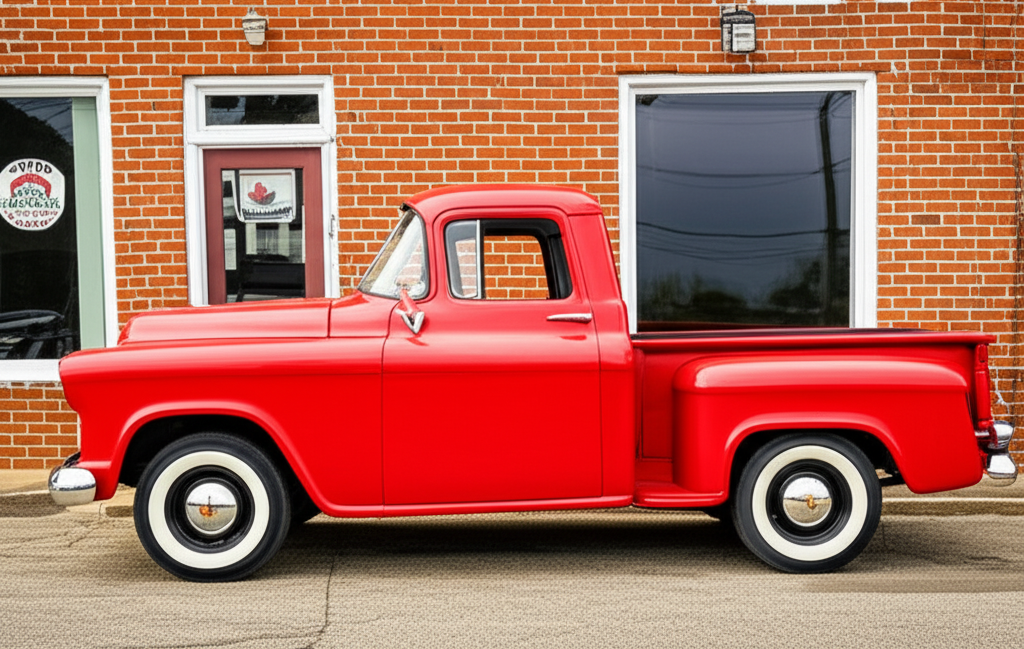
Does Maple Motors Offer Financing? Your Guide to Buying a Classic Car from Maple Motors
Meta description: Discover whether Maple Motors provides in-house financing and learn the smartest ways to secure a loan for your dream classic car. We break down specialty lenders, bank options, credit requirements, and practical steps to buy with confidence.
Every classic car buyer hits the same fork in the road. You’ve found a stunning ride on Maple Motors’ lot and your heart says go. Your spreadsheet says slow down. The question in your head is simple: does Maple Motors finance? You want a straight answer plus a clear path to approval. You also want to understand terms, rates, and what a lender will expect from you for a vintage or collector car.
This guide gives you the direct answer first. Then it teaches you the core financing principles behind classic car loans. Finally it lays out the practical steps to secure funding and drive home your dream car with a payment plan that won’t keep you up at night.
In short, you’ll move from “Can I finance a car from Maple Motors?” to “I know which lender to call, what to ask for, and how to close the deal.”
In This Article
- The Direct Answer: Does Maple Motors Provide In-House Financing?
- Financing Options for a Maple Motors Purchase
- Key Considerations When Securing Classic Car Financing
- Step-by-Step: How to Buy from Maple Motors with Financing
- Engineering Corner: Powertrains, Restorations, and EV Conversions
- FAQs: Classic Car Loans and Maple Motors Purchases
- Conclusion: Driving Home Your Dream Car
The Direct Answer: Does Maple Motors Provide In-House Financing?
Let’s answer the big one. As a specialized classic car dealership, Maple Motors focuses on buying and selling classic cars, muscle cars, vintage vehicles, and collector cars. Their expertise is in finding great inventory and pricing it according to current market value and condition. In-house lending is not their core business.
So does Maple Motors finance? As of publication, Maple Motors does not advertise in-house financing the way some mainstream used car dealerships do. Most buyers secure their own funding through third-party lenders. That could be a specialty classic car lender, a bank or credit union, or another financing route such as a personal loan or home equity line.
Why is this common in the classic car market? Three reasons stand out.
- Vehicle uniqueness: No two classic cars are exactly the same. Lenders must underwrite based on appraisal, originality, condition, and market trends. That requires niche knowledge.
- Specialized loan structures: Classic car loans often have unique term lengths, down payment requirements, and insurance riders. Specialty lenders know the nuances from VIN decoding to lien handling and title work on older cars.
- Risk and valuation: Values fluctuate with collector demand and condition. Specialty lenders understand this risk and set loan-to-value (LTV) limits accordingly.
Bottom line. Maple Motors usually relies on buyers to bring approved funding. You can still absolutely finance a car from Maple Motors. You’ll just arrange the loan with a bank, credit union, or a lender that specializes in classic and vintage auto financing.
Financing Options for a Maple Motors Purchase
You have several realistic paths. The best option for you depends on credit score, down payment, loan amount, and whether you want a secured or unsecured structure.
Specialty Classic Car Lenders (Most Common and Recommended)
If you want lenders who understand collector car credit, start here. These providers deal with classic car financing options every day. They know how to appraise a vehicle and they work smoothly with dealerships like Maple Motors.
- J.J. Best Banc & Co.: One of the best-known names in classic car lending. They finance antique cars, muscle cars, and collector vehicles. They offer competitive classic car loan rates for qualified buyers with strong credit. Typical requirements include a professional appraisal, proof of insurance, and documentation for titles and liens.
- Woodside Credit: Popular with high-value classic and exotic buyers. They often offer long term classic car loans. That stretches payments out to reduce monthly cost which helps when you’re financing a high-value classic car. They understand restoration history, originality, and market trends.
- LightStream (Truist Financial): An unsecured personal loan option that many classic car buyers use. It’s not a classic car loan by name. Yet functionally it can finance the purchase without using the vehicle as collateral. Good credit and income are key. Rates vary but approvals can be quick.
- Other reputable specialty lenders: Various online classic car lenders and niche credit unions have classic car loan specialists. Many offer pre-approval for classic car loans and require classic car insurance.
Key benefits of specialty lenders:
- Expertise in valuing classic cars and unique risks.
- Flexible term lengths for collector car loans.
- Familiarity with documentation, appraisals, and VIN-based idiosyncrasies.
- Options for financing a muscle car, a classic truck, or a restored project car.
Traditional Banks and Credit Unions
Banks and credit unions provide two broad paths. One fits when the vehicle is “newer” or a future classic. The other fits when you want no collateral on the car itself.
- Secured auto loans: Many banks restrict secured auto loans to newer model years and mileage thresholds. That can exclude true classics. Some credit unions stretch farther and will finance older vehicles if condition and valuation check out. Limits vary. Ask whether they can finance older vehicles and confirm their classic car loan eligibility rules.
- Unsecured personal loans: Many buyers fund a classic car through a personal loan when a standard auto loan won’t apply. You avoid collateral and liens. You may pay a higher APR. The approval rests almost entirely on your credit score, debt-to-income ratio, and income stability.
- Home equity loans or HELOCs: A home equity loan or HELOC can deliver a lower rate because your home secures the loan. That reduces borrowing cost. It also increases risk since your home is on the line. Use with caution and a clear payoff plan.
Alternative Financing Solutions
These options work for specific cases or unique buyer profiles.
- Cash purchase: Clean and simple. No interest. No liens. Only opportunity cost to consider.
- 401(k) loans: Some use a 401(k) loan for a short-term bridge when a deal moves fast. You borrow from yourself and repay yourself with interest. It can carry risks related to job changes and retirement growth.
- Seller financing: Private party classic car loans sometimes allow seller financing. Dealers rarely offer it. A large dealer like Maple Motors usually will not.
Key Considerations When Securing Classic Car Financing
Buying a classic car is part head and part heart. Lenders care about the head part. Nail the fundamentals and you’ll improve your odds of approval and a good rate.
Vehicle Appraisal and Condition
A lender wants a defensible vehicle value. For classic cars, that means:
- Professional appraisal or strong price substantiation via comparable sales and trusted valuation guides.
- Documentation of restoration history, originality, matching numbers, and upgrades.
- Inspection by a qualified third party. You want this too. It protects your investment.
Appraisals influence max loan-to-value (LTV). Expect LTV caps in the 70% to 90% range depending on the lender, the vehicle, and your credit profile.
Your Credit Score
Credit score drives interest rates, approval likelihood, and maximum loan amount. While classic car financing for bad credit exists in some cases, approval is harder and terms cost more.
- Scores above ~740 typically qualify for the most favorable classic car loan rates.
- Mid-600s can secure financing with higher rates or larger down payments.
- Below that threshold approvals get challenging unless you shift to unsecured loans with higher APRs.
Down Payment Expectations
Down payment reduces lender risk. It also lowers your monthly payment and total cost.
- A down payment of 10% to 20% is common for classic car loans.
- Some lenders offer options with less or even no money down for highly qualified borrowers and valuable vehicles. That’s rare. Don’t plan on it unless you have exceptional credit and strong reserves.
Loan Terms and Interest Rates
Understand the mechanics so you can compare apples to apples.
- APR: The annual percentage rate reflects the cost of financing. It includes interest and certain fees.
- Term length: Classic car lenders may offer 5 to 12 years. Woodside and a few others can stretch further in select cases. Long terms reduce payments but increase total interest.
- Total cost: Look beyond the monthly number. Track total interest paid and any prepayment penalties.
Typical ranges vary with market conditions and your profile. As a rough guide:
- Specialty classic car loans: ~3.99% to ~12.99% APR, 5 to 12 years, LTV often 70% to 90%.
- Unsecured personal loans: ~5.99% to ~36% APR, 1 to 7 years.
- Home equity loans/HELOCs: ~3.5% to ~9% APR, 5 to 30 years. Your home serves as collateral.
Note: These are broad estimates. Actual offers can differ based on credit score, loan amount, loan term, vehicle, DTI, and the specific lender.
Insurance Requirements
Specialty lenders often require classic car insurance. It’s different from standard auto insurance.
- Agreed value coverage: The insurer and you agree on the car’s insured value up front. If a total loss occurs you get that amount.
- Usage limitations: Some policies set mileage caps or usage rules.
- Storage and security: Garaging or anti-theft protection may be required.
Pre-Approval Process
Pre-approval helps you shop with confidence.
- You’ll know your budget and max loan amount.
- You can move fast when Maple Motors lists a new arrival.
- You avoid falling in love with a car before you know your payment and rate.
Bring your pre-approval proof when you visit. Maple Motors can then proceed to purchase paperwork and coordinate with your lender for titles and liens.
Step-by-Step: How to Buy from Maple Motors with Financing
This is the playbook. Follow it and you’ll make steady progress from dream to driveway.
1) Research and budget
Start with a realistic budget. Include taxes, dealer fees, shipping if needed, and registration fees. Forecast insurance. Use a classic car loan calculator to estimate payments at different APRs and term lengths. Set a target down payment. If you plan restoration work or upgrades, add a buffer.
2) Get pre-approved
Reach out to a specialty lender like J.J. Best or Woodside first. If you prefer unsecured options look at LightStream and respected online lenders. You can also try your credit union. Ask about:
- Minimum and maximum classic car loan amount
- Classic car loan term lengths
- Down payment expectations
- Documentation required for classic car loan approval
- Whether they finance private party classic car loans or dealer purchases
3) Explore Maple Motors inventory
Once you have pre-approval, search Maple Motors’ listings. You’ll see muscle cars, classic trucks, collector cars, and vintage vehicles. Shortlist candidates that fit your budget and taste.
4) Inspect and appraise
Pay for an independent inspection. It is worth it. Ask for a detailed appraisal if your lender requires one. Review titles, liens, and documentation like a vehicle history report. The goal is clear. Confirm the car’s condition and value before closing.
5) Finalize purchase
Bring your pre-approval to Maple Motors. Provide your lender with a purchase agreement and vehicle details including VIN and any appraisal. The lender will coordinate funds with Maple Motors. You’ll handle titles, liens, and insurance. Confirm any remaining paperwork such as sales tax, registration, and dealer fees.
6) Arrange transport
Plan how to get your classic car home. You can drive it if it’s road-ready and local. For long distances, use an enclosed carrier to protect the vehicle. If the car needs work, schedule transport directly to your restoration shop.
Quick Financing Snapshot (At a Glance)
- Most buyers secure loans through third-party lenders or pay cash.
- Specialty lenders understand classic car valuation and can offer flexible terms.
- Pre-approval speeds up the buying process and sets a firm budget.
- Inspections and appraisals protect you and help your lender set LTV.
Engineering Corner: Powertrains, Restorations, and EV Conversions
Why include an engineering section in a financing guide? Because many Maple Motors buyers are engineers or hands-on restorers. You may plan to rebuild a powertrain, upgrade electrical systems, or even convert to an electric drivetrain. If that’s you, a few technical notes will save you time and money. They also affect financing because lenders care about how modifications impact value.
Restoration vs. Preservation: Financing Implications
- Originality: Cars with matching numbers and period-correct parts often hold higher value. Lenders like that stability.
- Thoughtful upgrades: Quality brakes, suspension improvements, and safety upgrades can enhance desirability and value. Document them with receipts and reputable shop names.
- Major conversions: Radical modifications can narrow your buyer pool and introduce valuation uncertainty. That may reduce max LTV or your lender list. If you plan a big build, make sure your lender knows the plan upfront.
Considering an EV Conversion?
EV conversions on classic cars have gained traction. Engineers love the control and instant torque. Buyers love lower maintenance and clean drivability. If you go this route, two technical factors drive performance and reliability.
1) Electric motor core quality
High-efficiency electric motors rely on thin, insulated steel laminations stacked into a precise stator and rotor core. These laminations reduce eddy current and hysteresis losses which keeps the motor cool and efficient at higher speeds. If you spec or purchase a motor for your conversion, pay attention to the lamination material, thickness, and assembly method. For a quick primer on the building blocks, see electrical steel laminations.
2) Stator and rotor design
- Stator: The stator guides magnetic flux and houses windings. Material selection and slot geometry determine torque density and efficiency. Learn how the stator influences performance here: stator core lamination.
- Rotor: Rotor laminations and assembly balance mechanical strength with magnetic performance. Skew, slot design, and stacking method affect torque ripple and noise. Read more at rotor core lamination.
If you plan to prototype your own BLDC assembly or commission a custom unit, this broader overview helps: motor core laminations. It covers core lamination stacks, silicon steel laminations, and how different processes (stamping vs. laser cutting) impact loss and dimensional accuracy.
How does this tie back to financing? Lenders underwrite risk. A high-quality EV conversion with documented parts, reputable motor components, and professional installation can retain value and sometimes expand your buyer pool. A poorly documented or improvised build can do the opposite. If you’re financing with a specialty lender, disclose plans and keep excellent records.
FAQs: Classic Car Loans and Maple Motors Purchases
You asked. Lenders and dealers answered. Here are the most common questions we hear about financing a Maple Motors purchase.
- Can you get a loan for a classic car?
Yes. Specialty lenders finance collector vehicles every day. Traditional banks may require a personal loan when the car is too old for a standard auto loan.
- Is it hard to finance a classic car?
It depends on your credit score and the car’s documentation. With good credit and a well-documented vehicle, approvals are straightforward.
- What credit score do you need for a classic car loan?
A 680+ score helps. 740+ often secures the best rates. Lower scores can work with bigger down payments or unsecured loans at higher APRs.
- What down payment will lenders expect?
Plan on 10% to 20%. Higher down payments can reduce monthly costs and improve approval chances.
- What kind of loan is a classic car loan?
Most are secured loans that use the vehicle as collateral. Some buyers use unsecured personal loans instead. Others tap home equity through a HELOC.
- Are long term classic car loans available?
Yes. Terms from 5 to 12 years are common with specialty lenders. Some offer even longer terms on high-value cars.
- Can I refinance a classic car?
Some lenders allow refinancing a classic car to lower your rate or adjust the term. It depends on your payment history, current rates, and the car’s appraised value.
- Are no money down classic car loans possible?
Rare. Excellent credit and a valuable car help. Most buyers bring a down payment.
- What banks finance classic cars?
Major banks rarely do secured loans on true classics. Credit unions sometimes help. Specialty lenders remain your best bet for secured classic car purchase loans.
- Will a lender finance a project car?
Maybe. Some lenders avoid heavy project cars unless you can demonstrate finished value. Others will fund restoration projects with tighter LTV and documentation.
- What documentation will I need?
Expect a loan application, proof of income, credit check consent, insurance proof, an appraisal or valuation support, and vehicle documents including VIN, title, and any liens.
- How fast can I get approved?
Classic car loan approval time varies. Pre-approvals can arrive in a day or two for strong applications. Funding follows after inspection, title verification, and insurance proof.
- Do lenders require classic car insurance?
Specialty lenders usually do. Agreed value coverage is standard to protect both you and the lender.
- What are the pros and cons of classic car loans?
Pros: Access to a dream car now, manageable payments, tailored underwriting for classics. Cons: Interest cost, down payment requirements, documentation steps like appraisal and insurance.
- Are there tax benefits to classic car loans?
Interest is not typically tax-deductible for personal use auto loans. Home equity interest may be deductible only if used to buy, build, or substantially improve the home securing the loan. Consult a tax advisor.
- Can I use a personal loan to buy from Maple Motors?
Yes. Many buyers do exactly that. Your lender wires funds much like a cash buyer would.
Financing Options at a Glance: Typical Ranges and Notes
The ranges below are estimates. Individual offers vary based on creditworthiness, loan amount, term, vehicle, and market conditions. Always verify current terms with your lender.
- Specialty classic car loan
APR: ~3.99% to ~12.99%
Term: 5 to 12 years (sometimes longer for high-value cars)
Max LTV: ~70% to 90% based on appraisal
Notes: Requires appraisal and classic car insurance. Minimum loan amounts often start around $10k to $25k.
- Unsecured personal loan
APR: ~5.99% to ~36%
Term: 1 to 7 years
Notes: No collateral required. Rate driven by credit score and income. Fast approvals possible.
- Home equity loan/HELOC
APR: ~3.5% to ~9%
Term: 5 to 30 years
Notes: Your home is collateral. Lower APRs possible. Use responsibly.
- Traditional auto loan
APR: ~4.00% to ~15.00%
Term: 3 to 7 years
Notes: Usually for newer vehicles with age/mileage limits. Sometimes works for newer “future classics.”
- Cash purchase
APR: 0% (opportunity cost only)
Term: N/A
Notes: Cleanest path with immediate ownership. Requires liquidity.
How Lenders Think: A Simple Framework
When you approach financing, think like a lender for five minutes. It clarifies your path.
- Risk: Lenders look at your credit score, DTI ratio, and reserves. They also look at the car. Does the vehicle have a stable market value? Is it insurable with agreed value coverage?
- Repayment: Can you comfortably make payments? A longer term may improve monthly affordability. It raises total interest though.
- Recovery: If something goes wrong, can the lender recover value? Cars with broad desirability and documented provenance help.
- Documentation: Clean titles, clear VIN, no undisclosed liens. Good records and a detailed inspection report reduce surprises.
If you reduce risk, improve repayment clarity, and present excellent documentation, you’ll make a lender’s job easy. That usually translates into better terms and faster approval.
“Which Option Fits My Situation?” Use Cases and Best-Fit Guidance
- You have excellent credit and want the lowest payment
Consider a specialty lender with a long term classic car loan. Woodside Credit is a common choice for high-value collector cars with low monthly payment targets.
- You want a simple, fast approval without collateral
Consider LightStream or another reputable unsecured personal loan provider. This is common for buyers who want no liens on the title.
- You have strong home equity and want a lower APR
Consider a home equity loan or HELOC. This can be cost-effective if you’re comfortable with the risk on your home and you have a clear payoff plan.
- You’re buying a project car and plan a full restoration
Talk to a specialty lender about LTV and appraisal based on current condition and expected finish. Some lenders prefer to finance after restoration reaches a certain stage.
- You’re new to collector cars and unsure about value
Hire an appraiser and a trusted inspector. Use Hagerty or other valuation guides to triangulate market value. This reduces risk for you and makes your lender more comfortable.
Practical Tips to Get a Better Rate
- Improve your credit score before you apply. Pay down revolving balances. Correct errors on your report.
- Increase your down payment if you can. It drops your LTV which reduces risk and can improve terms.
- Shorten the term if you can handle the payment. It lowers total interest cost.
- Shop among lenders. Compare APR, fees, and term lengths. Look at total cost not only monthly payment.
- Get classic car insurance quotes early. Lenders often require proof before funding.
Problem–Explain–Guide–Empower: The Classic Car Financing Decision
- Problem
You want to buy from Maple Motors but you don’t know if you can finance the purchase. You need clarity on lenders, requirements, rates, and steps.
- Explain
Classic cars carry unique valuation and risk profiles. That’s why dealers like Maple Motors usually don’t offer in-house financing. Specialized lenders step in with underwriting tailored to vintage vehicles. They look at appraisal, condition, and documentation in addition to your credit score and income.
- Guide
Choose a path: specialty lender, unsecured personal loan, credit union, or home equity. Get pre-approved. Inspect and appraise. Confirm insurance. Close through Maple Motors with your lender’s funds.
- Empower
Prepare your documents. Improve your credit profile. Set a down payment. Ask the right questions. With a pre-approval in hand and a clear plan, you’re ready to make a confident offer and drive home a classic.
Your Engineering Takeaway: Key Points to Remember
- Maple Motors focuses on sales. They typically do not provide in-house financing.
- Financing a classic car is absolutely feasible. Specialty lenders like J.J. Best and Woodside understand classic car loans and offer long terms with competitive rates for qualified borrowers.
- Strong credit and a solid down payment improve your approval odds and lower rates.
- Appraisals, inspections, and agreed value insurance protect both you and the lender.
- Pre-approval sets your budget and speeds up the purchase process.
- If you plan significant modifications or an EV conversion, document everything. Quality components and professional work help preserve value and lender confidence.
Ready for the next step? Get pre-approved with a specialty lender now so you can shop Maple Motors’ inventory with a clear budget and a faster path to the finish line. Then line up an inspection and appraisal for the car you want. That way you can finalize financing without delays and enjoy your new classic sooner.
Sources and notes:
- Lender examples and product types are based on common market offerings publicly described by those institutions. Verify current terms and requirements on each lender’s website.
- Market trend references draw on widely cited resources such as Hagerty’s classic car market analyses and Blue Chip Index. Check Hagerty reports for current data as values shift over time.
- APR ranges and term lengths are estimated for educational purposes. Your actual terms depend on your credit profile, income, requested amount, term, and market conditions.
Disclaimers:
- Interest rates and underwriting guidelines change frequently. Always confirm with your chosen lender before you shop.
- This guide is informational. It is not financial advice. Consult a qualified advisor for personal recommendations.
Final note: If your engineering mind also lives under the hood, and you’re pondering electric powertrains or precision rebuilds, learn the fundamentals behind stator and rotor construction and why lamination quality matters. Choosing the right components today saves headaches tomorrow and helps protect the value of a classic you just financed.

